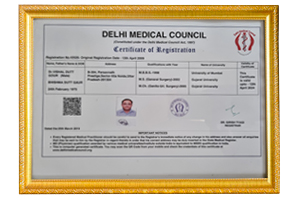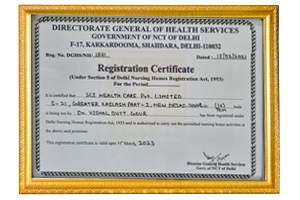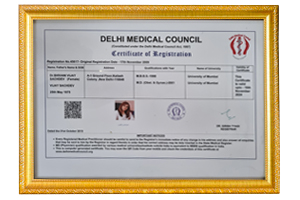
Recurrent Implantation Failure (RIF) is the failure of a woman’s clinical pregnancy after she has had numerous healthy and robust embryo transfers during IVF therapy in at least three frozen or fresh cycles before the age of 40. It excludes pregnancy loss caused by an atypical uterine cavity or hydrosalpinx following IVF or ICSI. A failed IVF cycle, however, may be emotionally and financially disastrous.
Female Factors
Male Factors
Lab & Clinic failure
There are various options for treatment after failed IVF, which you should consult your IVF
doctor and know about its possibilities.
Pregnancy after failed IVF treatment: Your habits, behavioral inclinations, and lifestyle choices all have a part in whether or not your pregnancy is successful. IVF makes advantage of the body’s inherent mechanisms and encourages them to function at their optimum.
If a woman smokes while trying to conceive, her odds of becoming pregnant are virtually half in one fell swoop. Caffeinated drinks are also known to reduce the odds of pregnancy when consumed regularly. Alcohol and fat have a negative impact on the capacity to carry a pregnancy to term.
It’s vital to remember that IVF is a medical process, not a magic wand that can magically produce a pregnancy. Changing specific lifestyle choices, exercising regularly, and eating a nutritious diet are just as important throughout an IVF treatment as they are while trying to conceive naturally.
As a result, it is safe to state that there is some good news for women who are wondering if they may conceive spontaneously after failed IVF treatment. Maintain a calm demeanor, concentrate on your health, and give it your all as often as possible.
One of the top IVF centers for IVF failure therapy is SCI IVF Hospital and Surrogacy Centre India. They have the knowledge and ability to assist individuals with challenging cases of infertility, and they understand that failed IVF cycles can indicate a successful next IVF therapy.


















